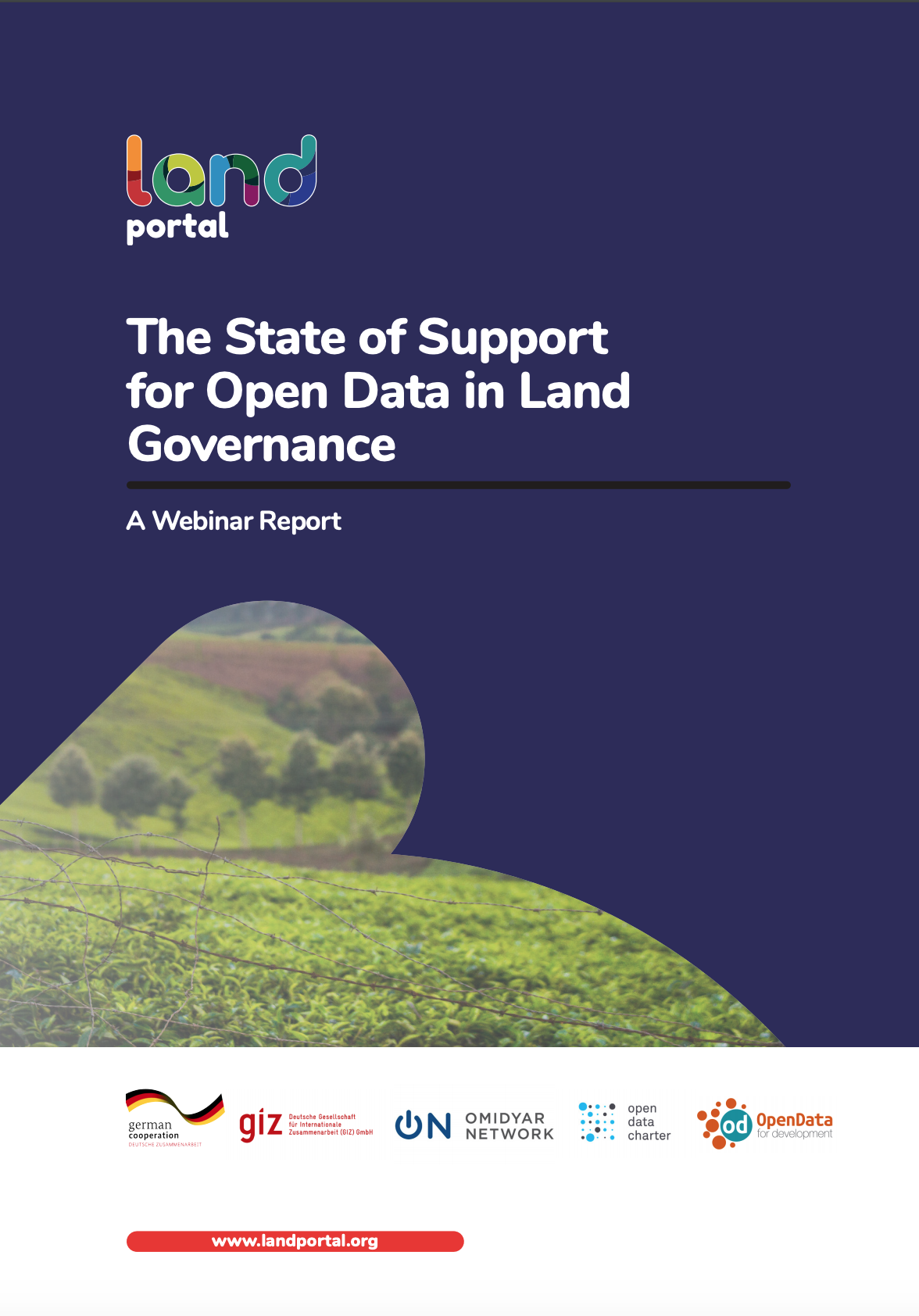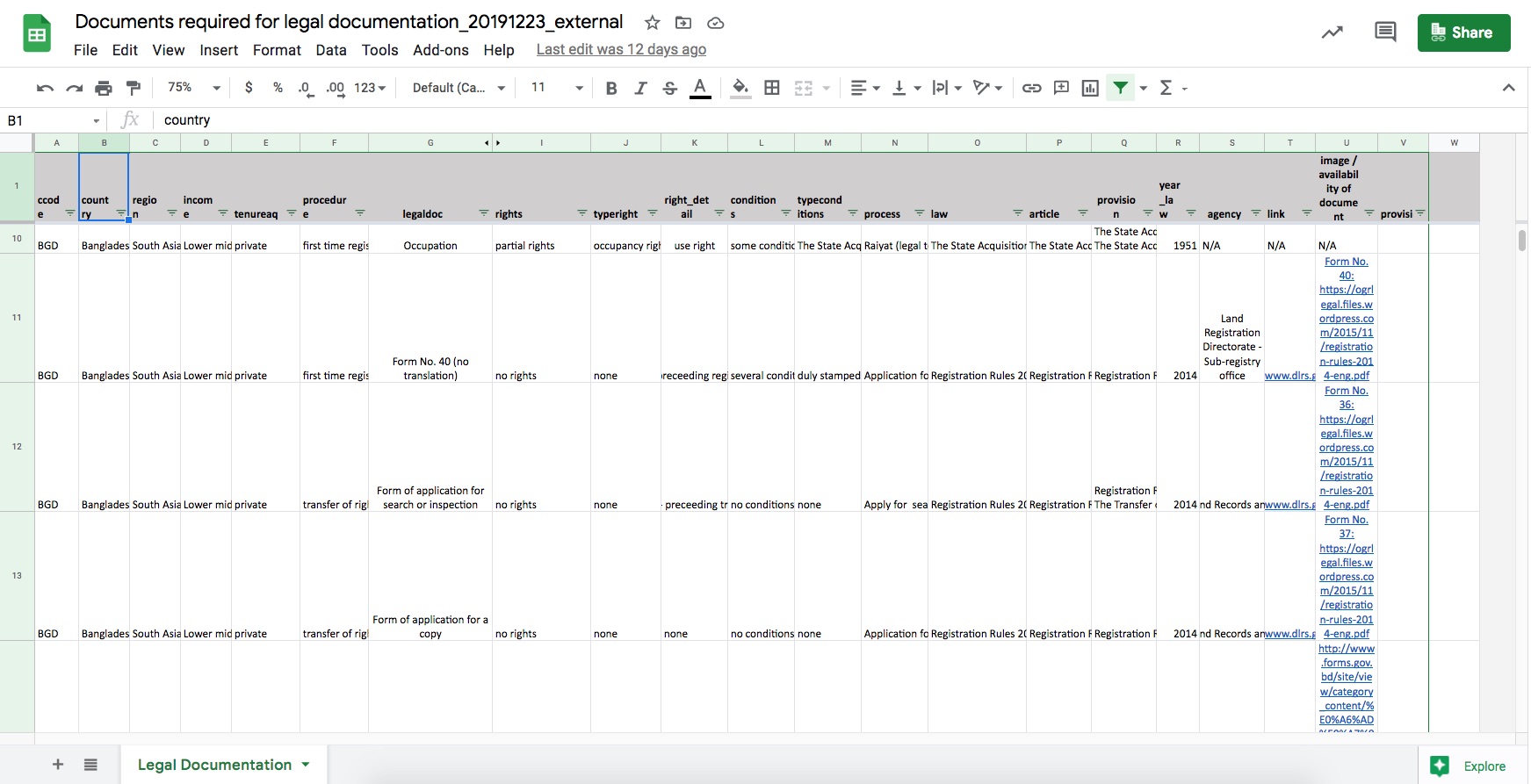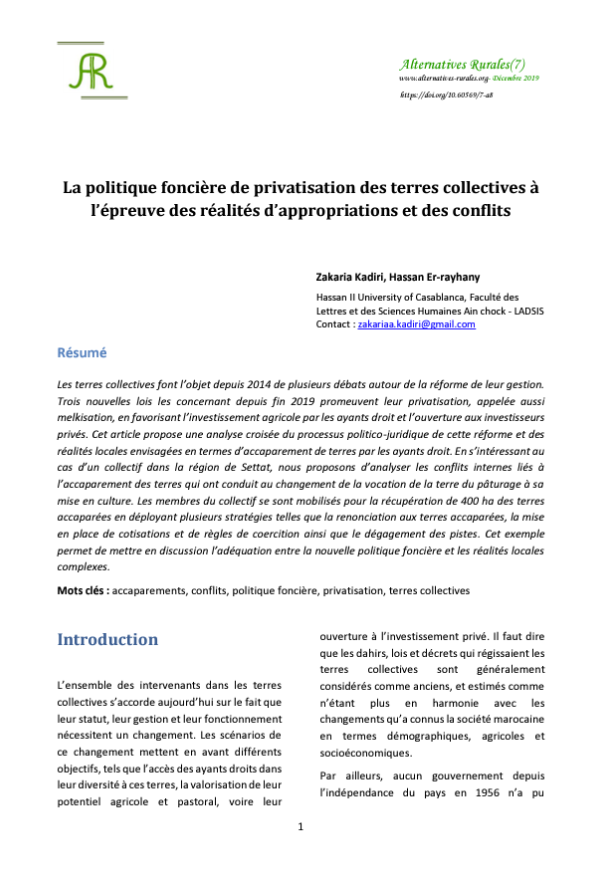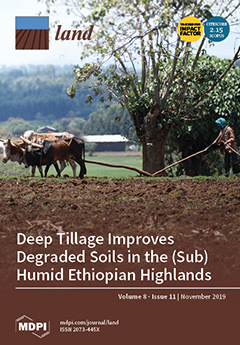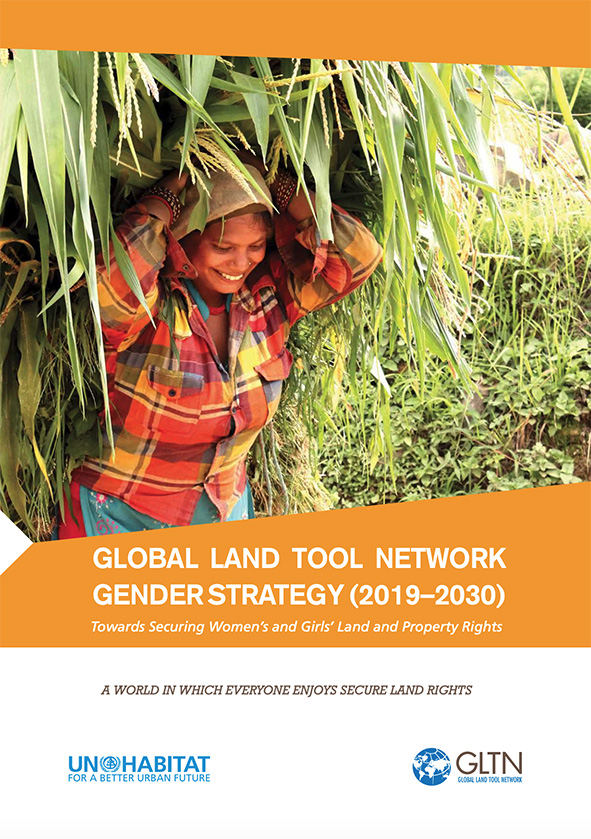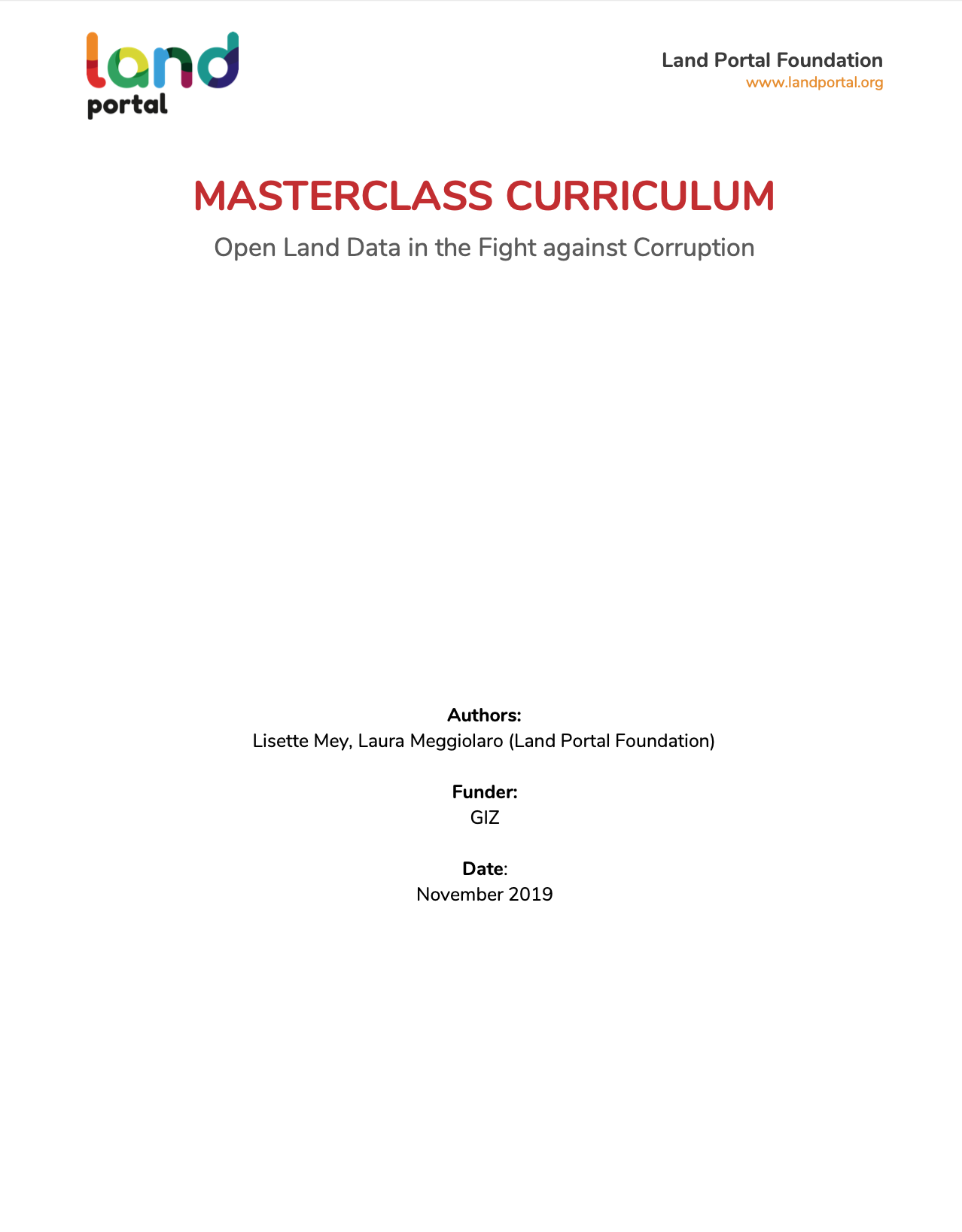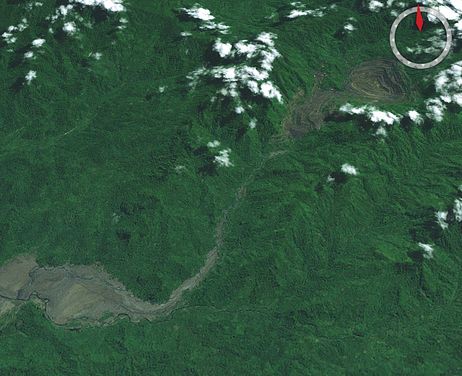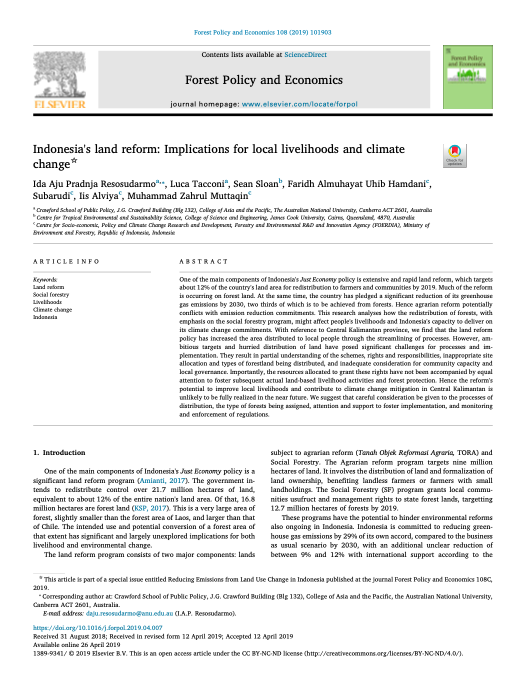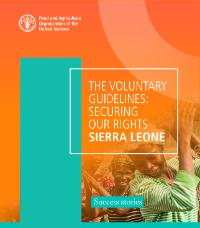The State of Support for Open Data in Land Governance
This September, the Land Portal hosted an online dialogue on ‘Open Land Data in the Fight Against Corruption’. This responded to a dual recognition that corruption remains a major issue in land governance, and that open data has been identified as a powerful tool in the fight against corruption. At the same time, gaps remain between the promise and the reality of open data in the land sector. Poor data availability, underdeveloped theories of change, and a lack of implementation support have all contributed to slowerthan-desired progress in data publication and use over the last decade.

